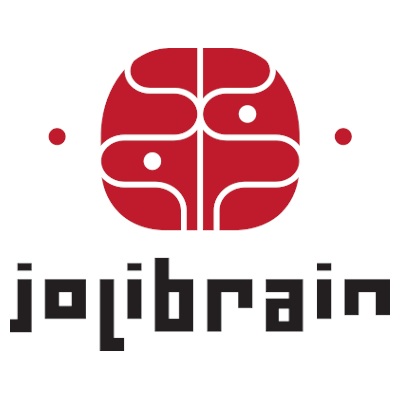Discover and explore top open-source AI tools and projects—updated daily.
deepdetect by  jolibrain
jolibrain
Deep learning API and server for diverse data
Top 18.2% on SourcePulse
DeepDetect is an open-source machine learning API and server written in C++11, designed to simplify the integration of state-of-the-art ML models into applications. It supports both training and inference across diverse data types like images, text, and time series, offering automatic conversion for embedded platforms such as NVIDIA GPUs (TensorRT) and ARM CPUs (NCNN). Its primary benefit is providing a unified, high-level API for a wide range of ML tasks and libraries, making advanced AI accessible for developers.
How It Works
Written in C++11, DeepDetect functions as a versatile machine learning API and server. It abstracts complex ML operations by integrating with numerous libraries like Caffe, TensorFlow, XGBoost, and PyTorch via a generic API. This design facilitates both model training and inference, with a key advantage being its capability to convert models for efficient deployment on embedded platforms such as NVIDIA GPUs (TensorRT) and ARM CPUs (NCNN).
Quick Start & Requirements
DeepDetect is readily available via Docker images hosted at https://docker.jolibrain.com/. Installation from source is also supported. Deployment on embedded platforms may require specific hardware like NVIDIA GPUs for TensorRT or ARM CPUs for NCNN. Python, JavaScript, and Java clients are provided for integration.
Highlighted Details
- Extensive library integration: Caffe, TensorFlow, XGBoost, T-SNE, NCNN, TensorRT, PyTorch, Dlib, Annoy, FAISS.
- Broad ML task support: Classification, object detection, segmentation, regression, autoencoders, NLP, time-series, OCR.
- Cross-platform deployment: Automatic model conversion for NVIDIA GPUs (TensorRT) and ARM CPUs (NCNN).
- Rich client ecosystem: Python, JavaScript, and Java clients available for integration.
- Data handling: Connectors for CSV, text, images, and time-series data with on-the-fly augmentation.
- Pre-trained models: Access to numerous models (e.g., ResNet, Inception, VGG) with reported ImageNet accuracies.
Maintenance & Community
The project is supported by Jolibrain and its contributors. Users are encouraged to join the community on Gitter for installation and API support.
Licensing & Compatibility
The provided documentation does not explicitly state a software license, which may pose compatibility concerns for commercial use or closed-source integration.
Limitations & Caveats
The primary adoption blocker is the absence of a clearly stated software license in the provided documentation, raising questions about commercial use and redistribution. Additionally, while extensive, the support matrix indicates varying levels of functionality (training vs. inference) across different libraries and hardware platforms.
2 weeks ago
Inactive
Explore Similar Projects
awesome-tensor-compilers by  merrymercy
merrymercy
 Shengjia Zhao(Chief Scientist at Meta Superintelligence Lab),
Shengjia Zhao(Chief Scientist at Meta Superintelligence Lab), 
 singularguy
singularguy samuelfaj
samuelfaj caidaoli
caidaoli google
google grahamjenson
grahamjenson ThilinaRajapakse
ThilinaRajapakse google-research
google-research triton-inference-server
triton-inference-server tensorflow
tensorflow visenger
visenger Ewenwan
Ewenwan